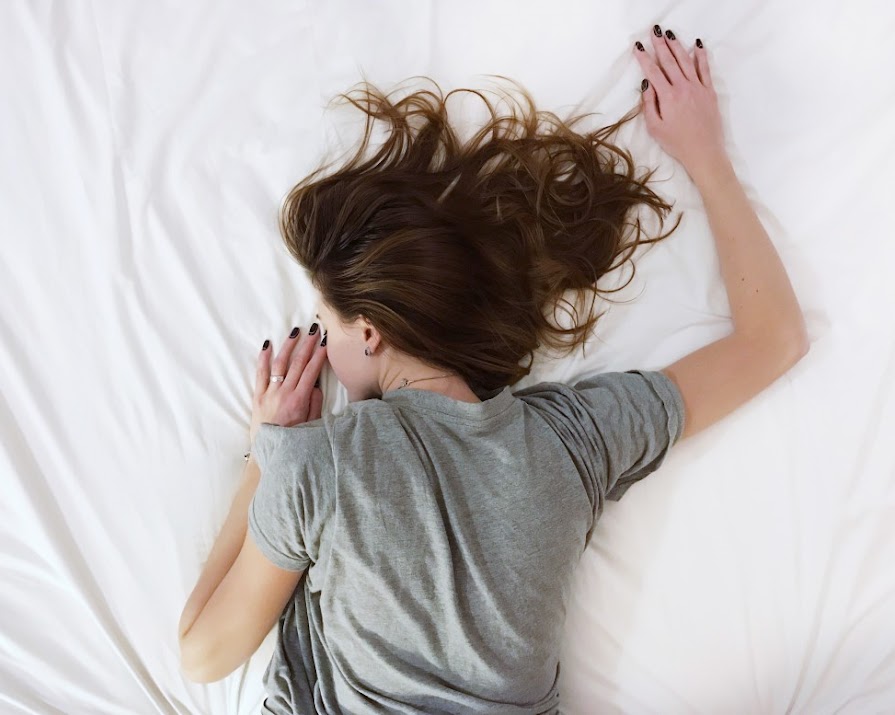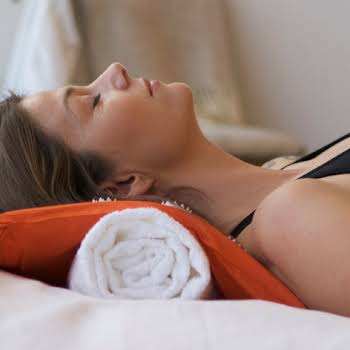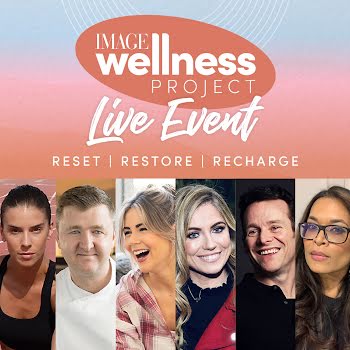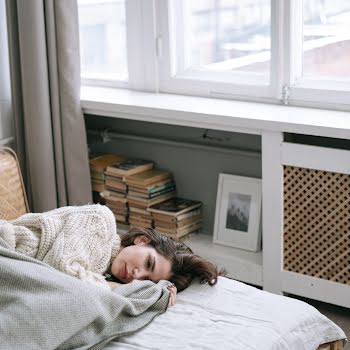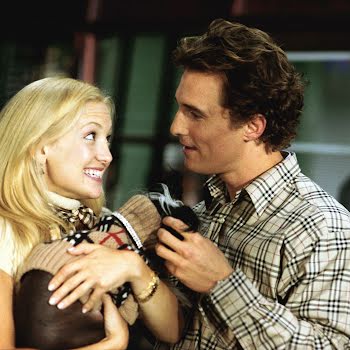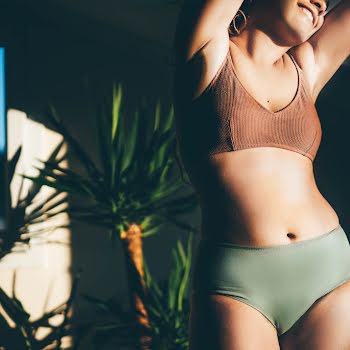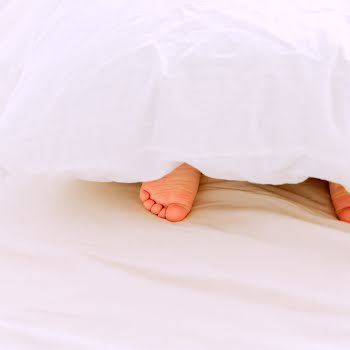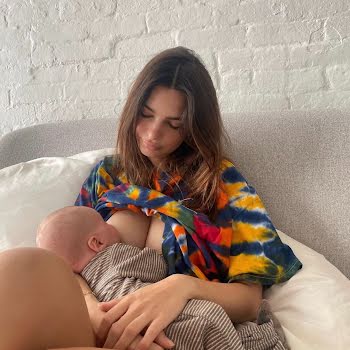
By Jennifer McShane
12th Oct 2020
12th Oct 2020
We’ve all had that moment right before nodding off: you’re lying down comfortably, eyes closed, breathing steady and suddenly you jerk awake. In fact, you almost forget it even happens. The feeling is akin to perhaps falling from a great height in a dream, but it only takes you a second before you realise you’re still in your own bed. Most of us barely remember, but for some reason, it can occur frequently
There is a name for it: A Hypnagogic Jerk, an involuntary muscle spasm that occurs as a person is drifting off to sleep.
The phenomenon is so named in reference to the hypnogogic state – the transitional period between wakefulness and sleep. Hypnagogic jerks are also commonly known as hypnic jerks or sleep starts.
The muscle spasms may occur spontaneously or may be induced by sound, light or other external stimuli. Some people report hypnagogic jerks accompanied by hallucinations, dreams, and a sensation of falling, or bright lights or loud noises coming from inside the head.
Why does this happen?
Sleep starts are quite common, with some research suggesting that 60 to 70 per cent of people experience them. Many individuals may be visited by nightly hypnic jerks without even knowing it, as the twitches often go unremembered, particularly if they don’t cause a person to wake up.
Some scientists believe certain factors, such as stress, anxiety, fatigue, caffeine and sleep deprivation, may increase the frequency or severity of hypnagogic jerks, but conclusive research is lacking on the subject.

Carl Bazil, M.D. Ph.D., director of the Sleep Disorders Center at New York Columbia University Medical Center explained experts don’t know the exact cause of sleep starts, but what seems to be happening is that there is a neurological tussle between the brain systems that keep you awake and those that encourage you to fall asleep.
What happens during a ‘twitch’?
During this transitional state, the sleeping mechanism usually wins, but the wakeful one sometimes puts up a fight. One of the things that happen as you fall asleep is your muscles relax, but the awake part may still be stimulating enough that it will temporarily overreact, and you get this jerk of muscle activity, he explained. And for reasons that are unclear, it’s sometimes accompanied by an image.
He went on to say that these sleep starts were usually harmless, and so there hasn’t been a whole lot of research as to why they happen, but experts believe that these sleep starts can be worsened by sleep deprivation, having too much caffeine or tobacco, and taking stimulant medications or those that have stimulating qualities.
The most common culprit by far would be caffeine, Bazil added. “If it’s bothersome, the first thing I tell people is to cut back on the caffeine, especially late in the day. That, along with getting more sleep, should fix it right up.”
This is some interesting information to process as you hit the hay tonight, and one more of life’s little oddities semi-explained at least.
Main photograph: @Unsplash
Read more: A sleep consultant shares key steps towards building a good nights’ sleep
Read more: Sweet dreams: 10 products that will give you a better night’s sleep
Read more: Simple ways to turn your bedroom into a sleep sanctuary











